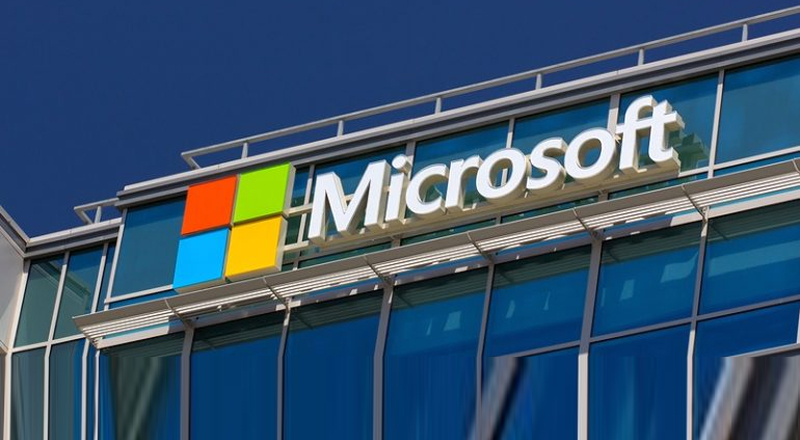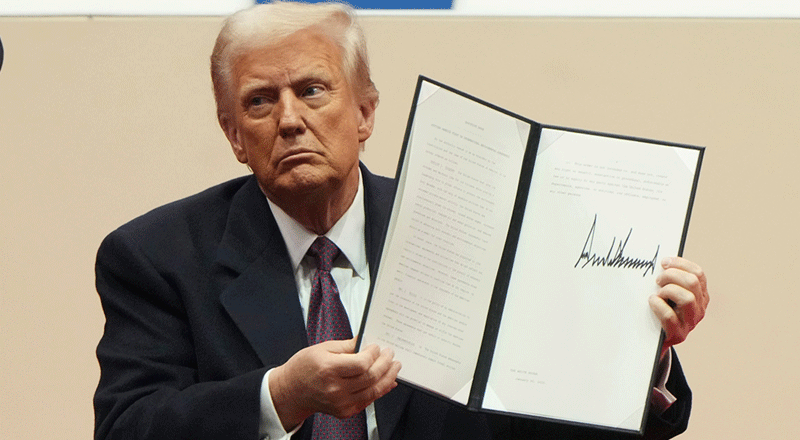Microsoft has announced the completion of its first renewable energy deal within the Karnataka state of India. The agreement will see Microsoft purchase 3 megawatts of solar-powered electricity from Atria Power to help power its new office building in Bangalore. This will meet 80 percent of the projected electricity needs at the new facility. This deal is part of a state government of Karnataka program to encourage investments in local solar energy operations, in line with the larger Indian government goal to ramp up solar power generation to 100 gigawatts by 2022, as part of India’s efforts to mitigate the effects of climate change.
“Investing in local solar energy to help power our new Bangalore office building is good for Microsoft, good for India and good for the environment,” said Anant Maheshwari, President, Microsoft India. “We are proud to be deepening our long history of partnership and investment in India with this agreement. This deal will help us grow sustainably and supports the growth of the Indian solar energy industry, so that the entire country can more easily and reliably access clean electricity.”
“Microsoft, like India, has ambitious commitments to use more renewable energy,” said Rob Bernard, Chief Environmental Strategist, Microsoft. “By purchasing local solar power to meet some of our local electricity needs, we’re not only meeting our goals but also supporting the growth of local clean energy industries. This growth leads to more clean electricity capacity, which will help India meet its targets for the Paris Agreement, reduce carbon emissions and provide clean electricity to its growing population. We’re proud to play a small role in this Indian energy transformation.”
This is Microsoft’s first solar energy agreement in India, and one of the first in Asia — the company completed a new solar agreement in Singapore last week. Once completed, this project will bring Microsoft’s total global direct procurement in renewable energy projects to nearly 900 megawatts. The deals in Asia follow wind projects in Europe and a substantial portfolio in the United States, and mark continued momentum toward the corporate clean energy commitments set by the company in 2016. Microsoft’s goal is to rely on wind, solar and hydropower electricity for at least 50 percent of its energy usage worldwide by the end of 2018.





